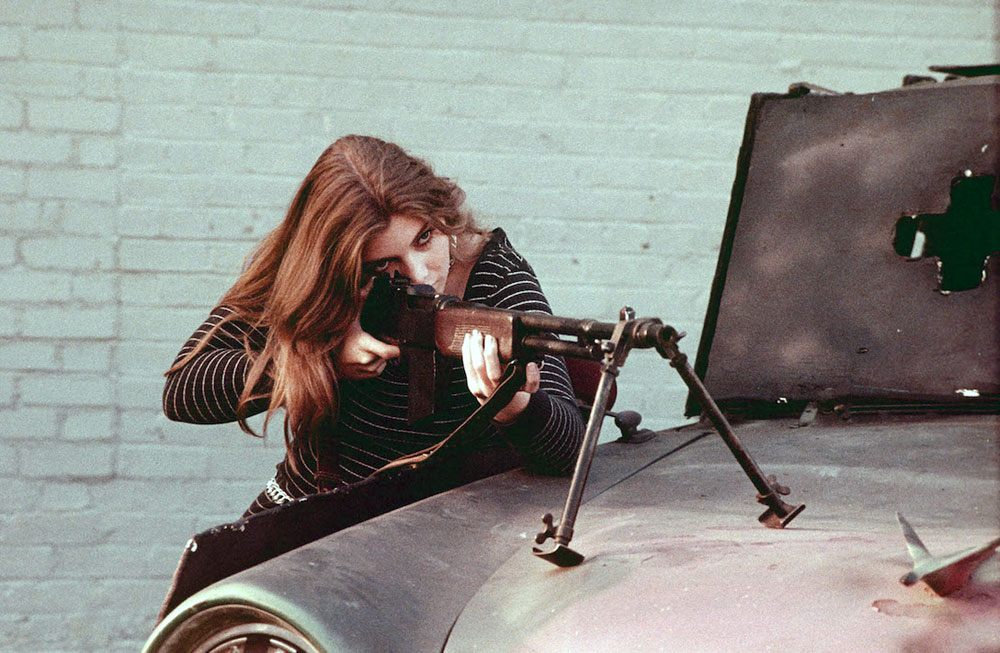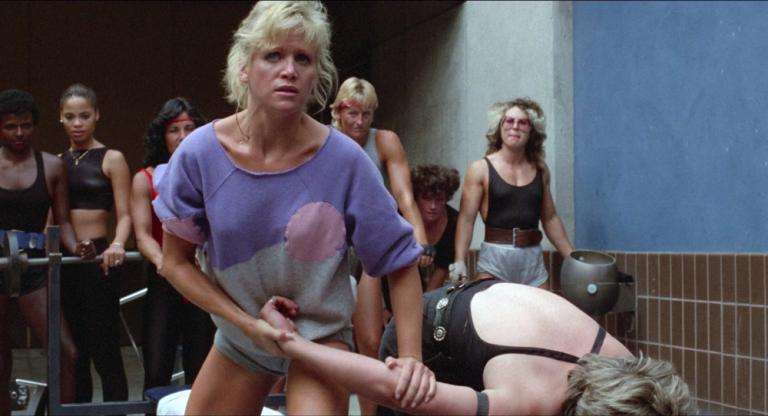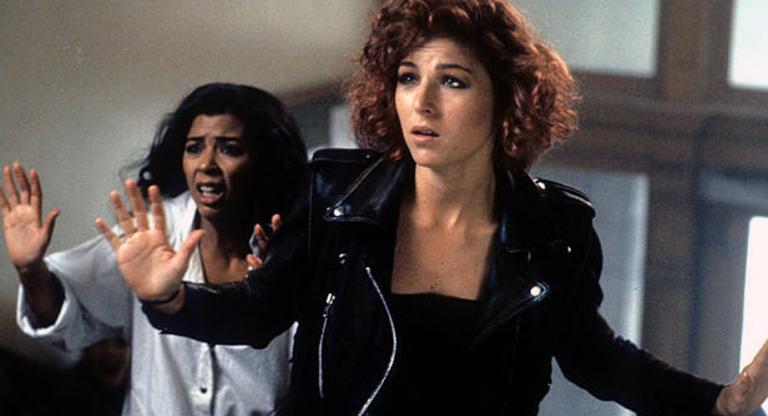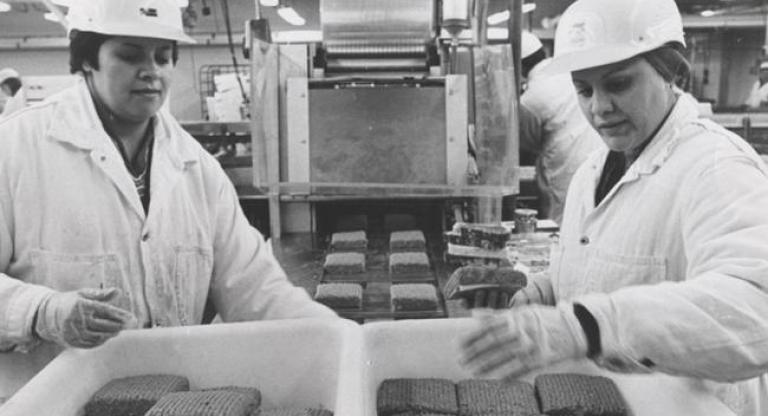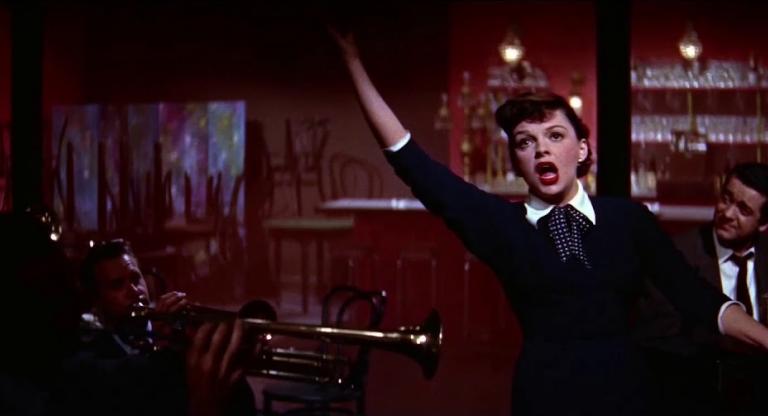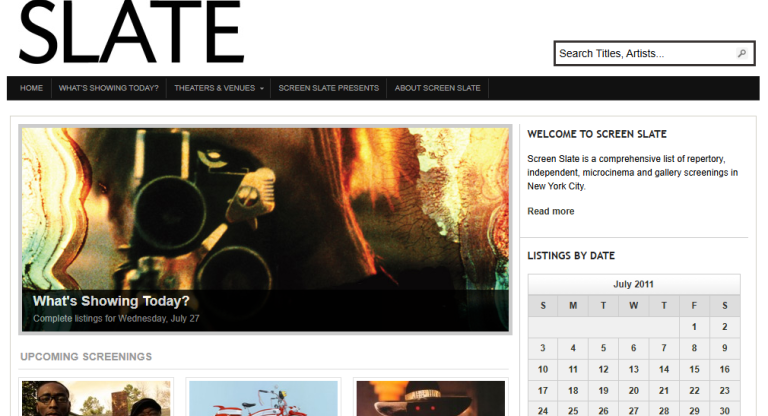Two-thirds into the runtime of Jack Hill’s 1975 teen gang film Switchblade Sisters, we see a storefront shuttered by plywood, covered with a spray painted message: “driven out of business by punks and cops and I hope they both go to hell.” Unlike most gang films of its era, Hill’s doesn’t take a side between recklessness and order. Its generic urban landscape, filled with images of squalor and palpable violence, could double for any city in America. Switchblade Sisters may take place in then-current-day USA, but viewed fifty years after its release, there’s something post-apocalyptic about the seemingly rote narrative of feuding urban tribes.
Teen gang films were hardly new in 1975, but they would become increasingly popular and controversial as the decade wore on, including real-life incidents of violence around films like The Warriors (1979). Switchblade Sisters, like Walter Hill’s film, exists in a world of heightened fantasy, where high school students are closer to thirty-years-old than fifteen and Black revolutionaries show up in an armored car that looks plucked from a Mad Max film. The violence here pulls a lot fewer punches than even The Warriors would. The gangs of Switchblade Sisters aren’t content with using chains, baseball bats, or even the titular switchblades; guns are also brandished with ease and reckless abandon, resulting in a drive-by shooting on school grounds and a centerpiece massacre at a crowded roller rink, in which a rather shocking number of innocent bystanders are torn apart by stray bullets.
Like a lot of the exploitation films of the ’70s, especially those targeted at the teen audience, Switchblade Sisters contains a heavy dose of melodrama and references to topics of the moment, including Vietnam, civil rights, and abortion. It's never as incendiary as something like Stephanie Rothman’s The Student Nurses (1970) managed to be, but it is a notable precursor to Hollywood studio attempts to capitalize on the same politics with films like The Enforcer (1976) just a year later – a film that similarly incorporates political radicals into its script yet never feels as revolutionary, itself, as Switchblade Sisters manages to do.
Switchblade Sisters screens tonight at Nitehawk Cinema Prospect Park and is also streaming on Shudder and the Arrow Channel.
